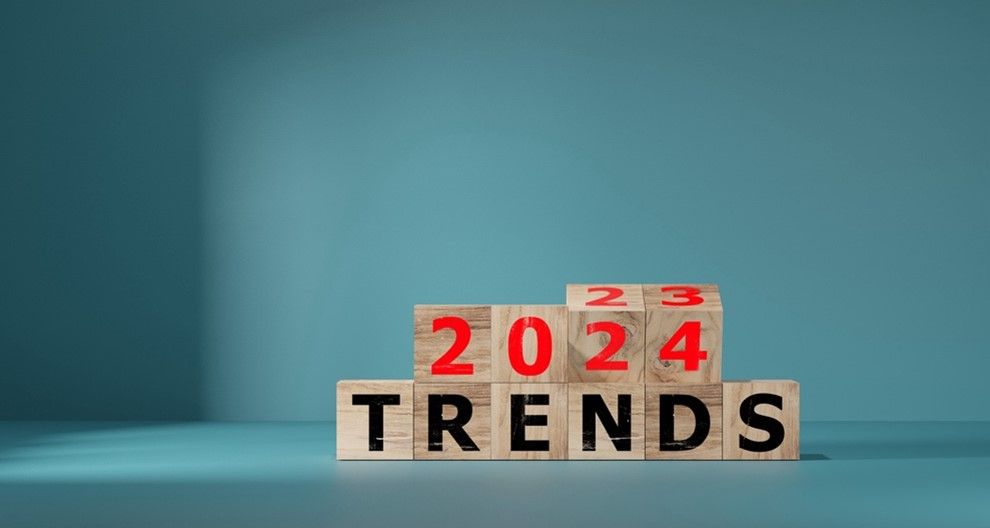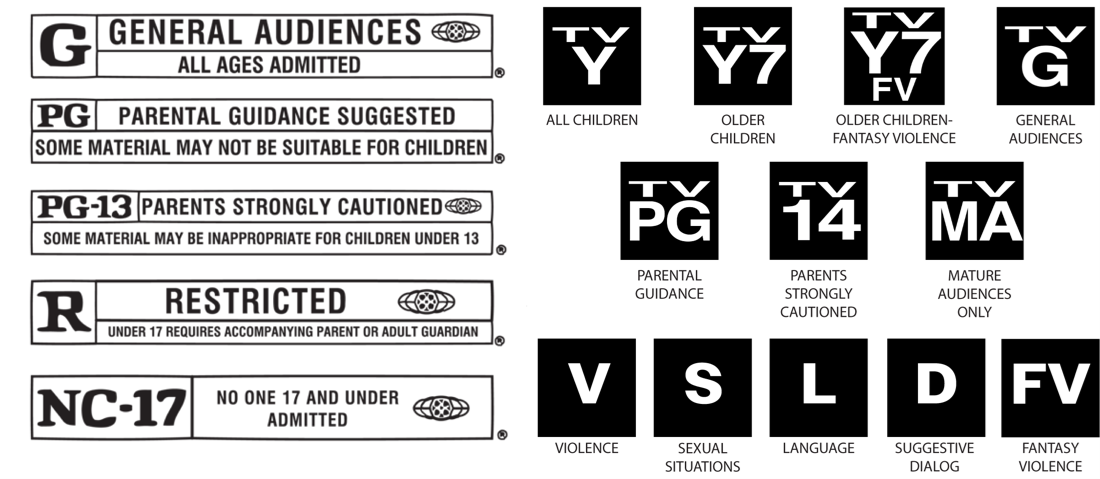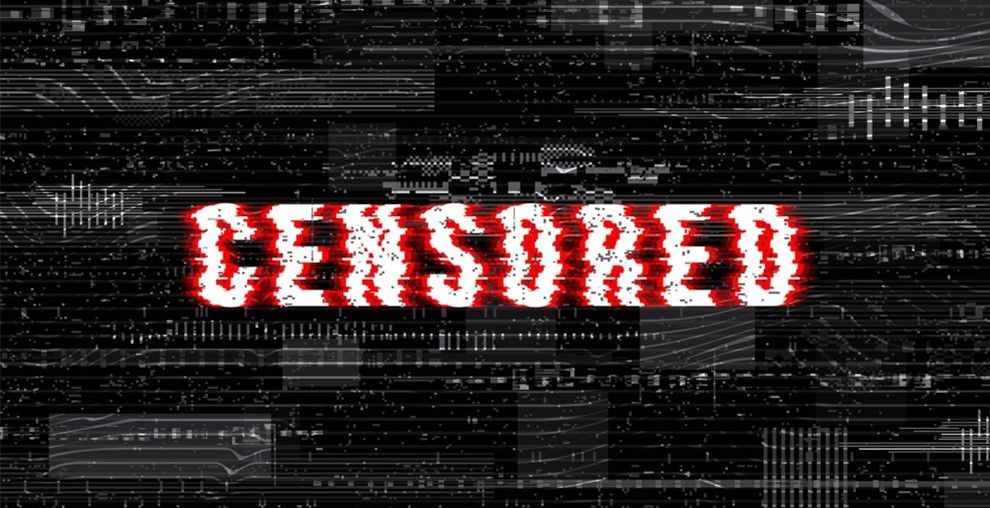Female Disruptors: Teresa Phillips of Spherex On The Three Things You Need To Shake Up Your Industry

“Carve out everything that ain’t the duck.” — An old cowboy I admired growing up carved wood in his spare time. He would place a block of wood on a tree trunk that he used as a table, and he’d get to work. One day I asked him how in the heck he did it. Willard just looked at me and said, “Little lady, it’s simple. You just get a block of wood and carve out everything that ain’t the duck.” Life is full of distractions. If we have clarity in our goals and remain focused on realizing them, we’ll know which temptations or obstacles we encounter won’t serve us well. Our decisions not to do something are equally as valuable as those we pursue.
As a part of our series about women who are shaking things up in their industry, I had the pleasure of interviewing Teresa Phillips, Co-Founder and CEO of Spherex.
Spherex is a global technology and data company led by Phillips, who is pioneering technology that’s changing the future of entertainment. Leading a team of data scientists, AI engineers and product developers, Phillips and her team are making sense of the crowded content landscape worldwide so media and entertainment companies don’t get lost in translation. Collaborating with major studios, networks, streamers and content creators, they are transforming how media and entertainment enterprises create, adapt, and deliver film and television to audiences worldwide through AI and machine learning. Learn more at www.spherex.com.
Thank you so much for doing this with us! Before we dig in, our readers would like to get to know you a bit more. Can you tell us a bit about your “backstory”? What led you to this particular career path?
I was raised on a farm in Kansas in a big family. I grew up playing sports, fishing and horseback riding; from dawn to dusk, we were always outside. We lived by the railroad tracks. A favorite pastime was hopping on an empty boxcar when the train stopped to drop grain at the elevator near our house. I’d ride four miles down the tracks to my favorite fishing pond. I’d fish for a few hours; and before it got dark, I’d walk the railroad tracks home.
At age 17, I had the opportunity to spend five weeks in France through a host program. I’d never been on an airplane, and rarely out of Kansas, so it was quite an adventure. I was struck by the language, the food, the architecture, but especially the people. My trip to France really opened my eyes to how big the world is, and I caught the travel bug. So, I enlisted in the Army.
I spent seven years in the U.S. Army; serving at both The Pentagon and NATO. I spent five years supporting General John R. Galvin, the Supreme Allied Commander of Europe (SACEUR), and lived and worked with military and civilian members of the NATO nations. It was there I learned about ARPANET, the precursor to the Internet, in sending classified data across networks.
When I left the military, I moved back to the D.C. area and got a job as a program manager at a Fortune 500 company. Settled into the corporate world, I later pursued a product manager position in a technology company because it seemed to be a role where I could learn multiple functions — from marketing and project management to development and operations. Plus, I wanted to be in a technology company when the Web took off.
After all these years, I say that my passion is in creating new products, but I’ve made a career out of getting stuff done (operations). But mostly, my specialty is leadership.
I got into the media industry through technology, serving in executive positions at Time Warner and Yahoo! and then on to my entrepreneurial ventures. So, here I am now. As co-founder and CEO of Spherex, we are still building and creating, and our company heavily aligns with international culture.
Can you tell our readers what it is about the work you’re doing that’s disruptive?
We are doing something that hasn’t been done before. We are inventing a cultural dimension that can be embedded in digital film and television and can be attached to viewers. Today, content localization is based on a fixed locale — language plus country. It doesn’t reflect the theme of the content or the viewer. For example, our solution will allow a Korean mother in San Francisco to filter and receive content for her family that resonates with her values, independent of language and location. Nowhere in the world is there a playbook on culture. There is nothing that interprets all the cultures in the world and distills them down into rules and applies their context so that systems can do a better job of creating content, personalizing it, delivering it, and making it more discoverable. These are the very pursuits critical to our industry.
Can you share a story about the funniest mistake you made when you were first starting? Can you tell us what lesson you learned from that?
Early in my career when I was a program manager of a large corporate account, we hosted clients in our office several times a week. One day my boss called me into his office and said it had been reported that I was taking bagels from the conference room and putting them in my desk! While this was true, I had to clarify that I didn’t want the bagels to go to waste so I took them home and/or shared them.
My boss said our clients may think we are not paying our people enough so they’d have to take home leftover food from meetings. He also said it might make the clients feel bad that they didn’t eat the food we provided. I was unaware that our office had people to clean up after these meetings, to take care of leftover food, and it wasn’t my responsibility. There I learned that optics and perception are important. It never occurred to me that preventing food from being wasted could be so complicated.
We all need a little help along the journey. Who have been some of your mentors? Can you share a story about how they made an impact?
General John R. Galvin, the Supreme Allied Commander of Europe (SACEUR) has been the greatest mentor of my professional life. Two million NATO military members served under him as SACEUR, and he was the U.S. military member who most directly contributed to ending the Cold War. I learned from GEN Galvin about servant leadership and how to meet people where they are and pull them forward. GEN Galvin was a prolific writer and speaker — he spoke five languages, gave speeches in the audience’s native language, and always started with a story to establish a connection. He told me that to move people, you must find common ground and a shared purpose, then paint the vision of where you want to go together. You’ll have a different method of achieving the same objective; but that’s okay, the important thing is that you both get there.
Another mentor was Andy Bast, SVP at Time Warner. He had eight VPs reporting to him and invested in a business psychologist who spent two years taking each of us individually and the team through the Myers Briggs training program. We learned about our personality types, and how they contributed to our motivations, communication, and career interests. We explored our strengths and weaknesses individually and as a group. We learned how to extend trust to one another, expose our vulnerabilities, and then mirror and shadow each other in real-time for support. We were a formidable team!
In today’s parlance, being disruptive is usually a positive adjective. But is disrupting always good? When do we say the converse, that a system or structure has ‘withstood the test of time’? Can you articulate to our readers when disrupting an industry is positive, and when disrupting an industry is ‘not so positive’? Can you share some examples of what you mean?
Disruption is not inherently good or bad. Disruptors generally thrive on the opportunity while those being disrupted are threatened by the change. I’ve observed leaders, however, who torpedo projects or organizations without a plan for putting the pieces back together. This is destruction masquerading as disruption and usually caused by the leader’s oversized ego and insecurities. When a system or structure can withstand pressure over time, you know that it’s solid. Take our government, for example. Though it has been dismantled in some ways, the institutions of our democracy are strong and will prevail.
An example of disruption in our industry is the way that film and television is now created and distributed. For decades, production cycles took years and even longer to syndicate content internationally. The new guard — tech companies such as Apple, Amazon and Netflix — produce content within weeks and simultaneously release it worldwide. Studios must keep pace or risk being disrupted.
An example of negative or failed disruption is Napster. Napster created technology that disrupted the music industry, yet they didn’t have a plan to compensate artists and contributors in the new paradigm. While their reign was short-lived, Napster did compel a decade-long transformation of the music industry.
Can you share 3 of the best words of advice you’ve gotten along your journey? Please give a story or example for each.
“If you see it, you can believe it. If you believe it, you can achieve it. “
Basketball was my favorite sport growing up and I invested a lot of time and energy to improve my game. Visualization was a key part of that, which I learned from Stan Kellner’s basketball cybernetics training program. I spent hours visualizing myself shooting free throws and other shots, watching the ball go in the hoop. Swoosh! I carried the practice of visualization forward and still apply it daily in my personal and professional life. When you can imagine no other outcome but success, it must be brought into being.
“Carve out everything that ain’t the duck.”
An old cowboy I admired growing up carved wood in his spare time. He would place a block of wood on a tree trunk that he used as a table, and he’d get to work. One day I asked him how in the heck he did it. Willard just looked at me and said, “Little lady, it’s simple. You just get a block of wood and carve out everything that ain’t the duck.” Life is full of distractions. If we have clarity in our goals and remain focused on realizing them, we’ll know which temptations or obstacles we encounter won’t serve us well. Our decisions not to do something are equally as valuable as those we pursue.
“Be grateful for what you have.”
Though my mother instilled many values, gratefulness is one that stands out. During good times and bad, she would remind us to be grateful. Every day is a new day, and it starts with prayers of gratitude — and then you will see the sunshine. I am grateful for the blessings in my life, and I am also grateful for the lessons. We invite events into our lives as an opportunity to learn more about ourselves and to choose an alternate path. No matter where we are, there’s someone else who is a little better off and a little worse off. We are all connected. It is our purpose to lend a helping hand during one’s time of need and to accept help from others with gratitude.
We are sure you aren’t done. How are you going to shake things up next?
We’re very early in the game of global access to film and television. Every streaming platform is racing to acquire international subscribers. Growth over the next five years for U.S. platforms such as Netflix and Amazon can only come from outside the U.S. On the other hand, U.S. consumers will see an influx of content from other countries streaming here. Because my company, Spherex, is inventing a cultural dimension for digital media, we’ll be busy for the next decade. Beyond this challenge, I’ll go wherever I am called.
In your opinion, what are the biggest challenges faced by ‘women disruptors’ that aren’t typically faced by their male counterparts?
What are the characteristics most associated with disruptors? Driving bold change. Pushing boundaries. Not taking “no” for an answer. Society rewards these behaviors in men, but frowns upon them in women. A male colleague and I could behave the same way and in most corporate environments, he would be labeled “assertive,” and I would be labeled “aggressive.” Subtle or subconscious gender bias is real and exists in every industry. While experimentation and innovation pave the road to disruption, both require access to capital — something that is in short supply to women entrepreneurs. However, life is not compassionate to victims. I advise young women to play to their strengths, while they work in tandem to change the rules. We have more power than we realize.
Do you have a book/podcast/talk that’s had a deep impact on your thinking? Can you share a story with us?
Books I’ve repeatedly pulled from the shelf are from Clayton Christensen, a Harvard professor who created the theory of disruptive innovation. Clayton had a knack for waxing philosophical, while providing practical steps for execution. And since I always had a knack for seeing things that others couldn’t, I loved his blueprint for new market disruptions, especially competing with non-consumption. Clayton was a prolific writer, speaker, and management consultant. His contributions to entrepreneurship and innovation are invaluable.
You are a person of great influence. If you could inspire a movement that would bring the most amount of good to the most amount of people, what would that be? You never know what your idea can trigger.
I would inspire a movement to create tolerance in the world and I would start right here in the United States. Growing up in Kansas and now living in Silicon Valley, I understand the divide. America is growing more diverse each day, as the gap between the haves and the have nots widens. The problem is we’re conflating the two. Diversity is not causing economic injustice. We all want the same thing — to create a good life for ourselves and for our families. We need a starting point. The challenge today is that in the age of social media, no one can agree on the facts. I have ideas around this.
Can you please give us your favorite “Life Lesson Quote”? Can you share how that was relevant to you in your life?
“ The greatest glory in living lies not in never falling, but in rising every time we fall ” — Nelson Mandela.
I’ve learned that life is not an escalator, and we do not always keep going up. Growth happens outside our comfort zone. Muscles rip when they grow. Many times, I’ve felt like I’ve had one foot forward and the other on a banana peel. I’ve always loved the symbolism of the Phoenix Bird. Brilliantly covered in reds, it crashes bursting into flames and is reborn from its ashes to start a new life. That’s how I live my life. Dream big and go for it. What do I have to lose, but a new start?
How can our readers follow you online?
This was very inspiring. Thank you so much for joining us!
Source: Authority Magazine
Related Posts


SILICON VALLEY
2336-H Walsh Ave.
Santa Clara, CA 95051
+1(408) 550-2344
LOS ANGELES
3900 W Alameda Ave.
Burbank, CA 91505
+1(310) 496-7307








